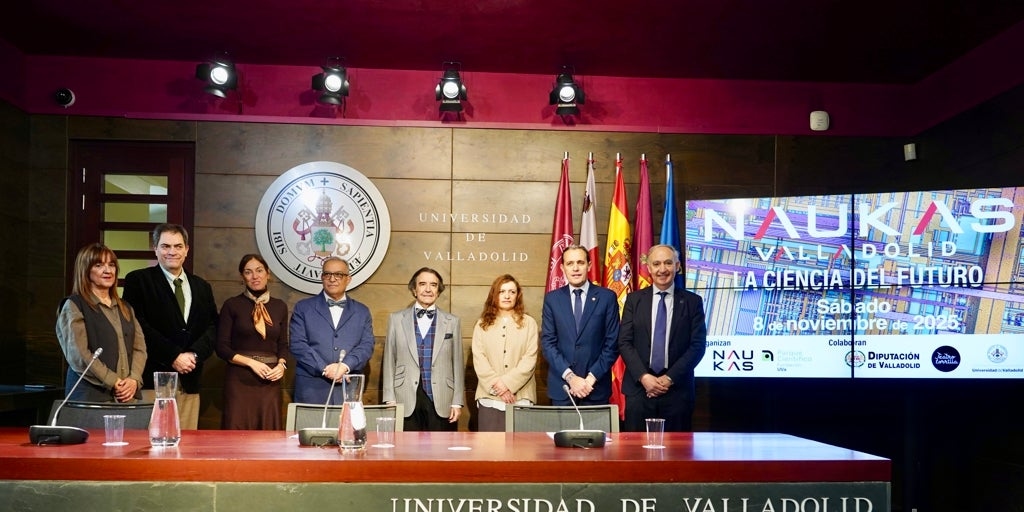AI tool designed to predict volcanic eruptions up to 12 hours in advance

AI tool designed to predict volcanic eruptions up to 12 hours in advance
Europa Press
La Jornada Newspaper, Thursday, November 6, 2025, p. 6
Granada. An international research project led by the University of Granada (UGR) has developed a procedure based on artificial intelligence (AI) and Signal Theory capable of predicting volcanic eruptions at least 12 hours in advance and confirming their end in just three, “a crucial advance for risk management and civil protection.”
This methodology has already been successfully validated in the eruptions of Tajogaite in La Palma (Santa Cruz de Tenerife) in 2021 and in the Volcán de Fuego de Colima (Mexico), and analyzes seismic parameters in real time to "anticipate eruptive events and characterize their behavior."
The study, which has been published in the Journal of Volcanology and Geothermal Research , and in which researchers from the universities of Colima (Mexico) and Canterbury (New Zealand), and the Volcanological Institute of the Canary Islands, in Tenerife, also participate, lays the foundations for a new generation of volcanic forecasting tools.
It is thus a tool for early warning based on an approach that in turn starts from the joint analysis of three specific seismic parameters: Shannon entropy, the frequency index and the so-called kurtosis, which reports on the probability distribution.
Entropy measures the degree of disorder in seismic signals, and its decrease indicates that earthquakes are becoming more organized, a pattern that often occurs just before an eruption. The frequency index, meanwhile, identifies changes in the dominant frequencies associated with different types of magmatic activity, while kurtosis is effective in detecting impulsive seismic events, the University of Granada explained.
jornada





